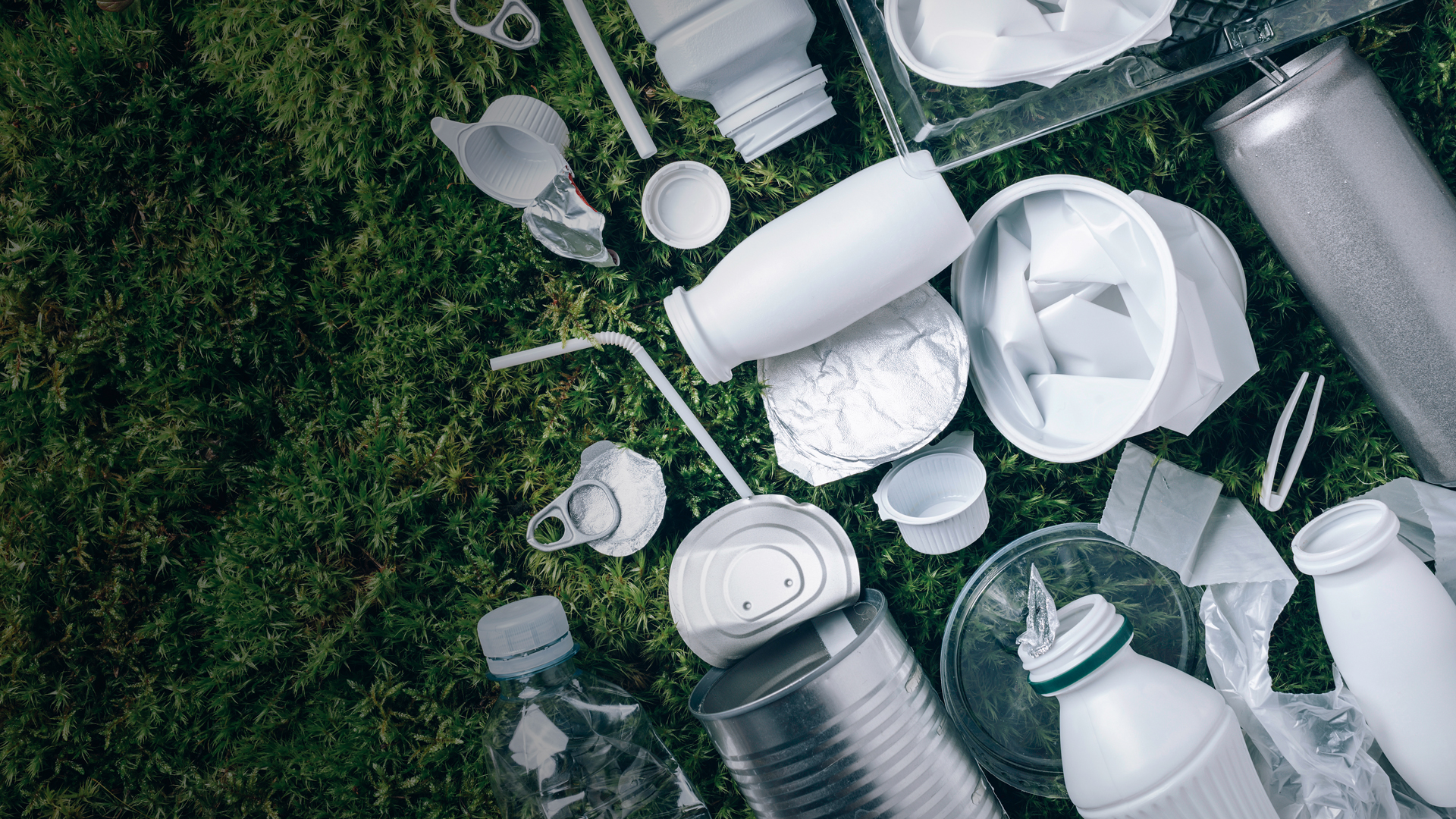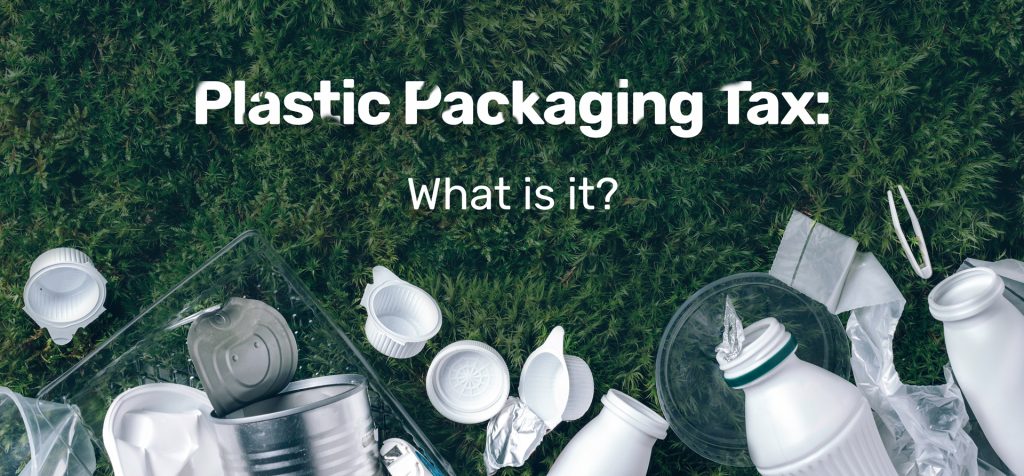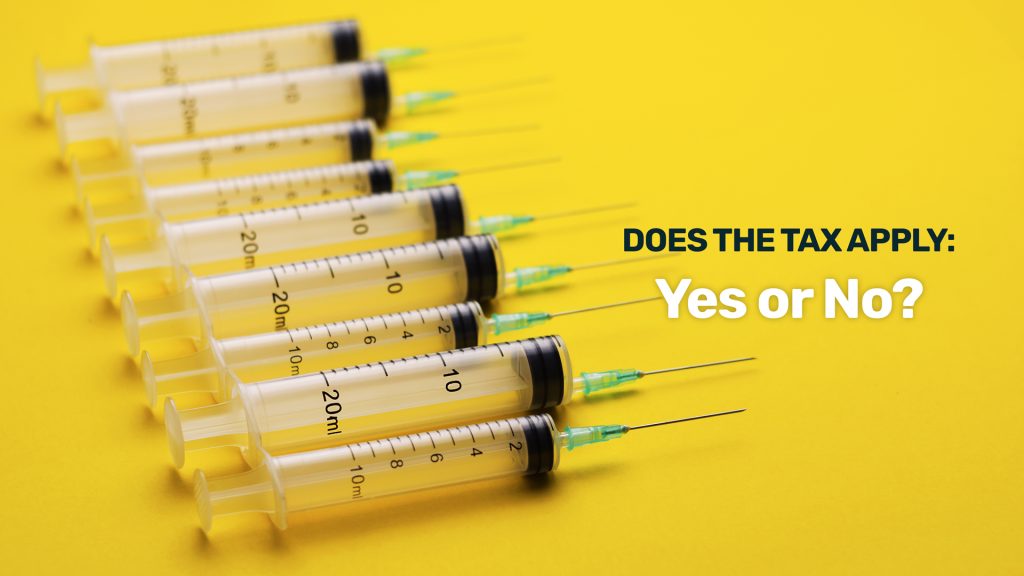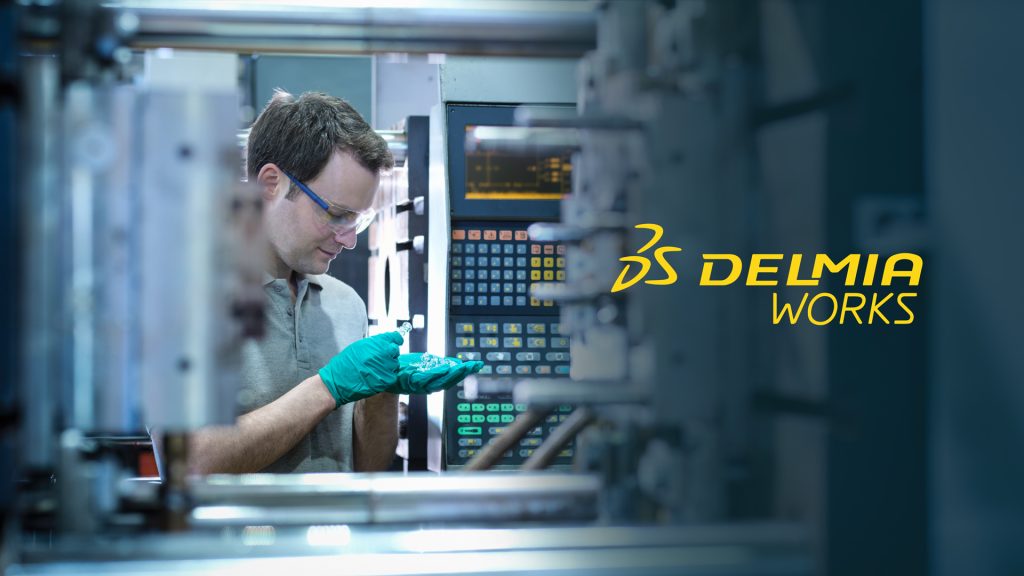
With sustainability at the forefront of many people’s minds, including the Government’s, a plastic packaging tax has been introduced to incentivise the use of less virgin plastic material in the manufacturing process.
Manufacturing as an industry, of course, will be one of the ones hit hardest by this new tax.
However, with the right tools and the right data you can accurately report on the proportion of recycled plastic material that you’re using to reduce the negative impact the tax could have on your business if not measured correctly.
In this post we’ll be covering:
- What is the plastic packaging tax
- What does the plastic packaging tax apply to?
- What doesn’t the plastic packaging tax apply to?
- How you can use DELMIAWorks to tackle the plastic packaging tax in manufacturing
So let’s dive right into it.

What is the plastic packing tax?
The plastic packaging tax, which came into effect on 1st April 2022, is a government scheme which imposes a tax on the manufacture (or import) of plastic packaging which contains less than 30% recycled content.
The tax is charged at £200 per tonne of packaging containing less than 30% recycled content.
The idea behind the tax is to encourage (or incentivise) manufacturers to reduce the amount of single-use plastic being used in the manufacturing process across all industries.
In some industries, such as medical device manufacturing and food manufacturing, 100% virgin plastic material is required to be used as a matter of compliance.
However in many industries, the use of recycled content (or regrind material) can be added to the virgin plastic when creating components to use up the scrap or waste plastic that’s produced throughout the manufacturing process and thus reducing the amount of virgin plastic used.
Do I need to register for the plastic packaging tax?
According to Gov.uk, there are two criteria under which you are required to register for the plastic packaging tax.
These are if you:
- Expect to import into the UK or manufacture in the UK 10 tonnes or more of finished plastic packaging components in the next 30 days
- Have imported into the UK or manufactured in the UK 10 tonnes or more of finished plastic packaging components since 1 April 2022 — this will change on 31 March 2023, when you will need to look back over the last 12 months on the last day of the month
Of the 10-tonnes or more of finished plastic packaging components, you will then be required to pay tax on those containing less than 30% recycled content, at the previously mentioned rate of £200 per tonne.
It’s therefore important to ensure you’re tracking the recycled plastic content that you’re using in the production of all the components you manufacture, so that you can be taxed accurately.
But don’t worry, DELMIAWorks can help you do just that and we’ll get onto that later in the post!
How to calculate the proportion of recycled plastic in a product
There is a simple formula to calculate what percentage of a product is made up of recycled plastic.
You divide the weight of the recycled plastic by the total weight of all plastic elements within the product and then multiply the figure by 100 to turn it into a percentage.
For example if one individual component weighs 25g in total, and it’ made up of 10g recycled plastic, 10g non-recycled plastic and 5g stainless steel, the formula would look like this:
- 10g (recycled plastic) divided by 20g (total plastic weight) = 0.5 x 100 = 50%
This percentage then represents the amount of plastic in your product which is made from recycled plastic.
What DOES the plastic packaging tax apply to?
If a component is made up from multiple materials, for example: plastic, aluminium and cardboard, but contains more plastic by weight, then it will be classed as a plastic packaging component for the purposes of the tax.
Any component that uses more than 30% recycled material is not chargeable for the tax, however it does still count towards the 10-tonne threshold for packaging you manufacture in a 12-month period, and so you must still keep records of it.
Examples of products which fall inside the scope of the tax include:
- Bottle tops or caps
- Bottles designed for single use (even if they can be refilled and reused)
- Dosage and measuring devices when used as a cap or lid on a product, such as mouthwash or laundry detergent
- Flexible food pouches
- Medical device packaging
- Medical sharps bins designed for single use
- Pots designed to handle and deliver products, such as yoghurt and soup pots
- Resealable food packaging (such as those used for grated cheese).

What DOESN’T the plastic packaging tax apply to?
There is also a great number of components that fall outside the scope of the plastic packaging tax.
There are four categories of packaging exempt from the tax. They are products which are:
- Used for the immediate packaging of licensed human medicine
- Permanently recorded as set aside for non-packaging use
- Used as transport packaging to import multiple goods safely into the UK
- Used in aircraft, ship and rail goods stores.
Examples of products which fall outside the scope of the tax include:
- Cable trunking
- Cannulas
- Droppers and pipettes
- Inhalers
- Ink cartridges and ink refills
- Pipe insulation
- Printer and toner cartridges
- Reusable meal trays, such as those used on aeroplanes and in schools
- Reusable medical sharps bins
- Silica gel sachets
- Syringes
- Urine bags
- Vials for laboratory use.
HMRC (Her Majesty’s Revenue and Customs) has compiled a categorised list of examples of components that fall both in and out of the scope of the tax, however this list is not exhaustive. For more examples check out the guidance from HMRC.
Sage, a software provider based in Tyneside, has also put together a great little article with more details on what you need to know about the plastic packaging tax, which you can find here.
How you can use DELMIAWorks to tackle the plastic packaging tax in manufacturing

With every component you produce containing more than 30% recycled material not being subject to the tax, we’re big advocates in helping you to use as high a percentage of regrind material as possible.
And that’s why we strongly recommend DELMIAWorks ERP software for plastics manufacturers.
Not only can DELMIAWorks help you track and reduce scrap, but it also helps you track each of the components you produce and the amount of recycled material that it contains.
This becomes essential now that there’s a requirement for you to be able to track this tax separately on your ledger and be able to identify the products which have, or have not, used the 30% of recycled material.
With DELMIAWorks, you can:
- Track individual products which have or have not used the 30% recycled material
- Document on invoices where the 30% has been adhered to
- Track scrap and rejects
- Monitor production of regrind and associate it with a new batch of material
- Track usage of regrind as a byproduct
- Determine exactly which parts are and aren’t compliant, so which ones are subject to the tax and which aren’t.
- Using traceability and warehouse management you can track which products do and which products don’t conform to the 30% recycled content usage
For many companies, their ERP system won’t be able to track this type of data and therefore it will be a manual process for a worker to complete in order to gather the information required to submit for the quarterly taxing against products using less recycled material.
With DELMIAWorks, this information is right in front of, as you need it, when you need it.
While the 30% recycled content threshold for plastic packaging tax has been set, with the right tools such as DELMIAWORKS, you can track your production accurately to ensure you’re being taxed correctly and therefore not inadvertently losing money from your business.
Talk to us about using DELMIAWorks to help you tackle the plastic packaging tax
If you’d like to talk to us about how you can increase your regrind usage and track the recycled material makeup of the components you’re manufacturing to improve your bottom line and tackle the plastic packaging tax, then book a discovery call with us today using the link below.
Book a Discovery Call >
Posted by Joe on 26th August 2022.

